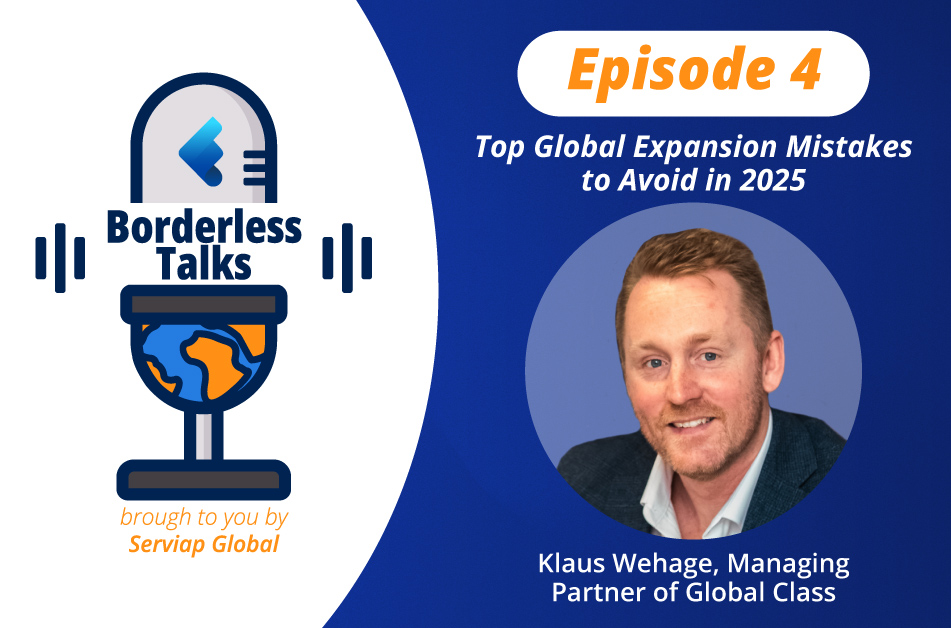Table of Contents
On May 7, Chilean voters were back at polling booths for the third time in a year to vote on the composition of a body that will redraft the country’s new constitution. The results were somewhat of a shock for the left-wing coalition government as conservative factions took two thirds of the vote. Critically, the result leaves President Gabriel Boric’s group without the numbers needed to enforce a veto.
The result can partly be seen as a vote of low confidence in Chile’s young president, who swept in fairly comfortably in 2022 but has since faced numerous setbacks. Boric made his name during student demonstrations that gained worldwide attention in the early-2010s, before emerging as a leader during public protests in 2019.
The big winner on the night was the Republican party of presidential runner-up José Antonio Kast, a man who has courted controversy by praising the 1973 to 1990 dictatorship of Augusto Pinochet. The party had the highest individual vote giving them 22 members on the 50-person advisory board. Another 11 seats went to a centre-right coalition, giving the country’s conservative forces control of the drawing-up process.


In Boric’s run for office, implementing a new constitution was seen as a key deliverable, but that has become problematic for the president. A redrafting had taken place under his predecessor Sebastian Piñera, after a national plebiscite in 2020 saw almost 80% of voters show support for a new constitution.
However, it attracted controversy due to wording that formally recognized Indigenous peoples for the first time and would have guaranteed gender parity. The latter point was widely seen as implying quotas, which many saw as illiberal.
That was rejected by over 60% of voters at the polls, meaning starting the process over again, which eventually arrived at the recent vote to elect a body to draft the next proposal. If the document they draw up also fails at the polls, it is unclear what comes next.
While Chileans clearly want a new constitution, they also appear not to desire major change, suggesting that a popular proposal would likely represent a modifation of the current document, rather than a complete replacement.
What is the current state of Chile?
Chile has a famously business friendly and highly open economy, with an extensive portfolio of free trade deals. It is one of only two Latin American countries ranked as having a “high-income” economy by the World Bank, and enjoys high levels of security and low levels of corruption by regional standards.
Those factors combine to make the country an attractive place to do business, with a large talent pool of highly educated professionals and high standards of living. The country is an OECD member and a regional heavyweight in GDP per capita terms.
That status has arguably been achieved in part thanks to the Chilean Constitution of 1980, which firmly placed the country on a neoliberal path under Pinochet, and later contributed to exponential growth after the return to democracy in 1990.
Minor changes have taken place recently, but this is largely bringing the country into line with fellow members of the OECD. An example of this is the working time directive meaning that working hours in Chile are going to be gradually reduced over a number of years. Where reorientations and changes have come in, they’re been introduced slowly and carefully, keeping things stable.
While there may be some discontent in political terms and there is always the shadow of the 2019 protests that undoubtedly affected business, Chile remains a generally good and stable place to invest in. The future of this Latin American star is still bright and it has proved its ability to overcome unrest and minor hurdles.
So what does the vote in Chile mean for business?
While last year’s proposals represented a departure from the 1980 constitution, they were not as radical as some reports suggested.
The rejection means that the new draft will likely involve even less change, so that that the business-friendly and liberalized Chilean economy is likely to continue in the same vein. Chile has a hard-earned reputation as a stable country in a region where economic fortunes can fluctuate and recent voting behaviour suggests that many people in the country are keen to protect that status.
Constitutional change has been a difficult and testing process, which is why Boric’s proposal was rejected. The next draft of the new arrangement was always likely to be less ambitious, and that’s even more true with the current composition of the drafting council. However, the conservative groups now in control of the process should understand that they cannot simply do whatever they want.
For one, public opinion was firmly behind a rewriting of the constitution. Although the first draft was rejected, some change is expected and so the new draft will have to acknowledge that. An significant possibility is that there may be changes in a less progressive direction – with talk in the country that current abortion protection may be rolled back.
While there certainly is the possibility of more socially conservative changes and a lot of uncertainty regarding politics, this is unlikely to spill over into business, finance and the economy. Neither Kast’s group nor their centre-right allies are likely to upset the economic apple cart and will probably focus their efforts on social and moral issues.
Serviap Global provides global hiring solutions
At Serviap Global, we support global hiring in over 100 countries worldwide, including in Chile.
For anyone looking to quickly and compliantly hire team members without setting up a legal entity, we offer international PEO / EOR services, while we also support companies with hiring international independent contractors. For those looking to hire directly, we offer global talent acquisition services.
We started out in Mexico in 2010, before expanding throughout Latin America, where we are recognized as experts in the region.
Contact us today to discuss how we can assist you. Or book a call with one of our consultants.
If you were interested in this article about the recent vote in Chile, check out the rest of our coverage of this prosperous South American nation. You can also read more about us.
Contact us






























